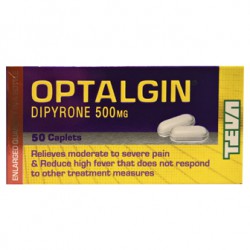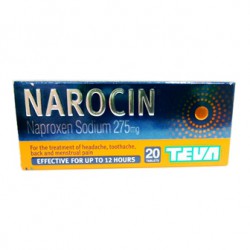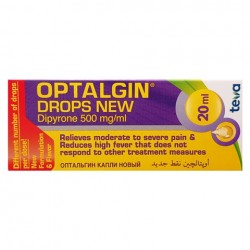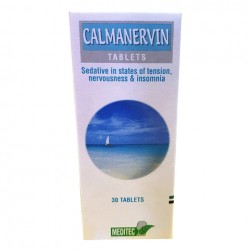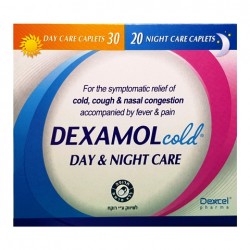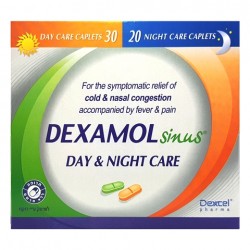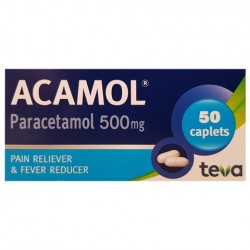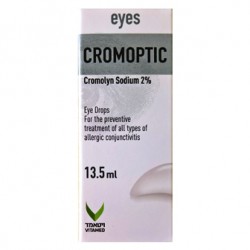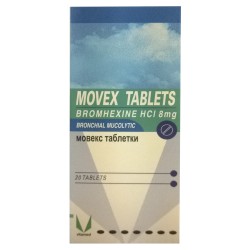V-Dalgin syrup
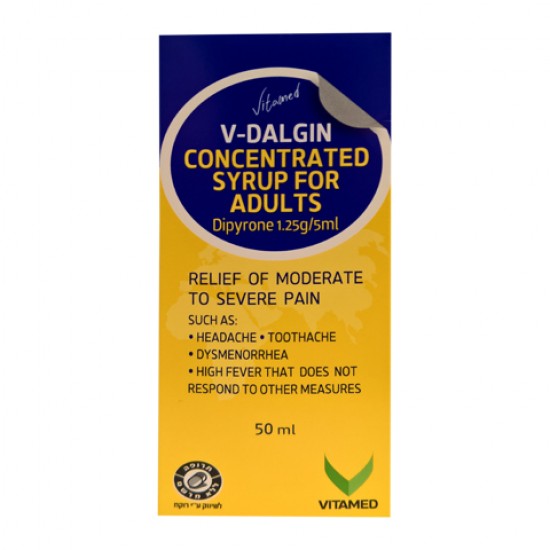
A concentrated syrup for adults for relief of moderate to severe pain such as headache , toothache , dysmenorrhea and for high fever that does not respond to other measures.
Active Ingredients
Each 5 ml contains:
Dipyrone 1250 mg.
Indications
V-Dalgin syrup is designed to relieve moderate to strong pain such as headaches, teeth, menstrual cramps and high fever with no response to other treatment measures.
V-Dalgin syrup contains active substance belonging to the chemical family Pyrazolones.
Instructions
Take this medicine with a glass of water, can be taken before or after a meal.
Recommended dosage to adults and adolescence above 15 years of age (above 53Kg body weight) unless otherwise prescribed:
2 to 4 ml with water as needed up to 3 times a day.
Take the medicine at intervals of 6-8 hours.
Do not take the dose more than three times at 24 hours.
Do not exceed the recommended dose.
This medicine is not intended for children.
If the fever lasts more than 3 days or pain persists more than 7 days despite the treatment, contact your doctor. Risk of agranulocytosis increase if treatment continues beyond 7 days.
If you forget to take the medication: Do not take two doses together to make up the missed dose.
Continue the treatment as recommended by your doctor.
May be used up to 1 months from first opening.
Warnings
Do not use V-Dalgin syrup if you are hypersensitive to the active ingredient Dipyrone (Metamizol), Propyphenazone, Phenazone, Phenylbutazone or any of the other inactive ingredient of this medicine.
Do not use this medicine if you are pregnant or breastfeeding.
This medicine is not intended for children.
Do not use this medicine for minor ailments.
Do not use V-Dalgin syrup if you know of a deficiency of the enzyme G6PD ("Faba beans Sensitivity").
Do not use this medicine if you suffer from impaired blood system.
Do not use this medicine if you suffer from the acute hepatic porphyria (a hereditary disease in which there is increased production and accumulation of porphyrin, causing nervous system disorders for example).
Do not use this medicine if there is a suppression of the bone marrow (such as after treatment with chemotherapy).
Consult your doctor before starting treatment if you suffer or have suffered in the past from:
- Tendency for hypersensitivity to painkillers and medicines for treating arthritis and other medicines.
- Allergy symptoms: In these cases, the risk of anaphylactic shock increases.
- Abnormalities of liver function, kidney, circulatory system (such as clotting or anemia).
- If you suffer from diseases causing decreased white blood cells.
- If you suffer from asthma or chronic infections of the respiratory tract.
Dipyrone may cause rare but life-threatening anaphylactic shock and or agranulocytosis.
Do not use this medicine frequently or for prolonged periods without consulting a doctor.
Hypersensitivity to this medicine may cause rarely leucopenia (decreased white blood cells count), thrombocytopenia (expressed in bleeding tendency) or agranulocytosis (toxic damage to white blood cells) and shock. This response is manifested by high fever, chills, sore throat, difficulties in swallowing, and inflammation of the oral cavity, nose or genitals. With the advent of these signs, which may appears early as the first hour after taking the medication, stop taking the medicine immediately and consult your doctor. You must also inform your doctor, if you have been taking concurrently any other medicine with V- Dalgin.
This medicine may cause a red color in acidic urine. This should not be a concern.
If you take, or have taken recently other medicines including non-prescription medicines and dietary supplements or vitamins, tell your doctor or pharmacist. In particular, inform your doctor or pharmacist if you are taking or if you have just finished treatment with medication of one the following groups:
- Non steroidal anti-inflammatory medicines (NSAIDS) such as aspirin.
- Anticoagulants (warfarin).
- Cyclosporine (for Transplants) - may decrease the level of cyclosporine.
- Chlorpromazine (anti-psychotic drug).
You should contact your doctor if the fever lasts more than 3 days or pain persists more than 7 days despite the treatment. Risk of agranulocytosis increases if treatment continues beyond 7 days.
Please do not consider this information as an alternative to consulting your physician or pharmacist.
For further information on instructions for use, risks and side effects, please read the patient package insert and consult your doctor or pharmacist.
Read the patient package insert carefully before starting to take any medication.






